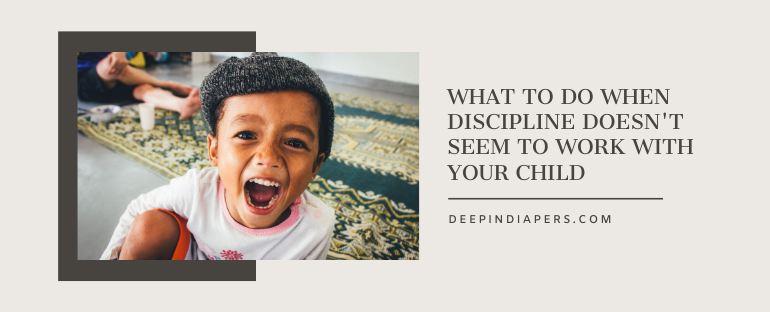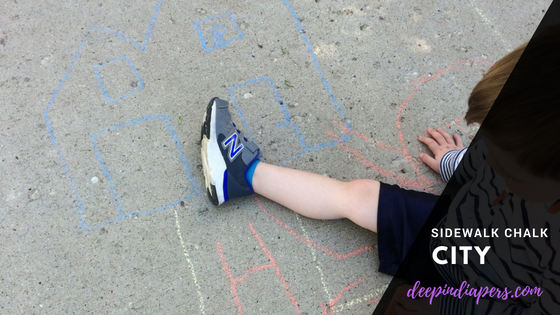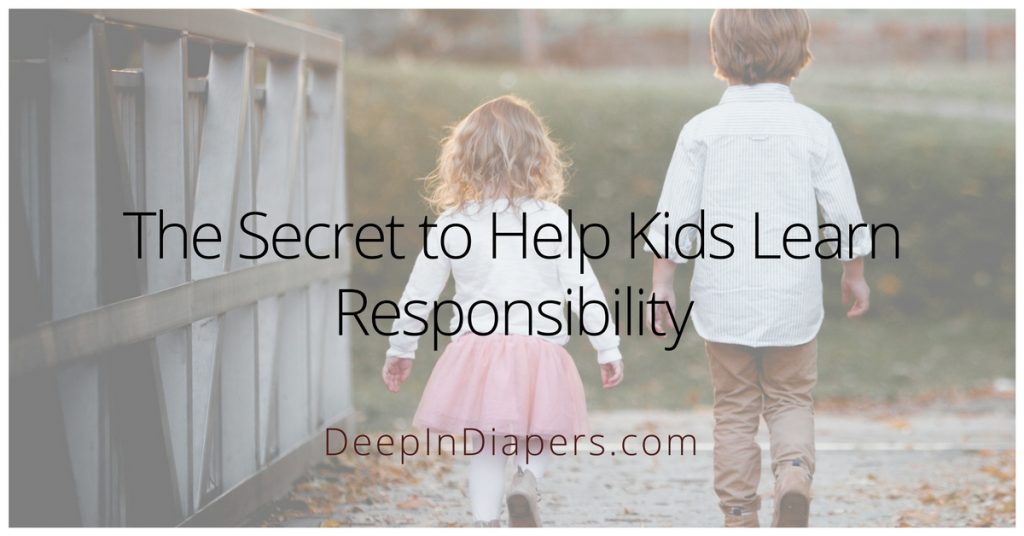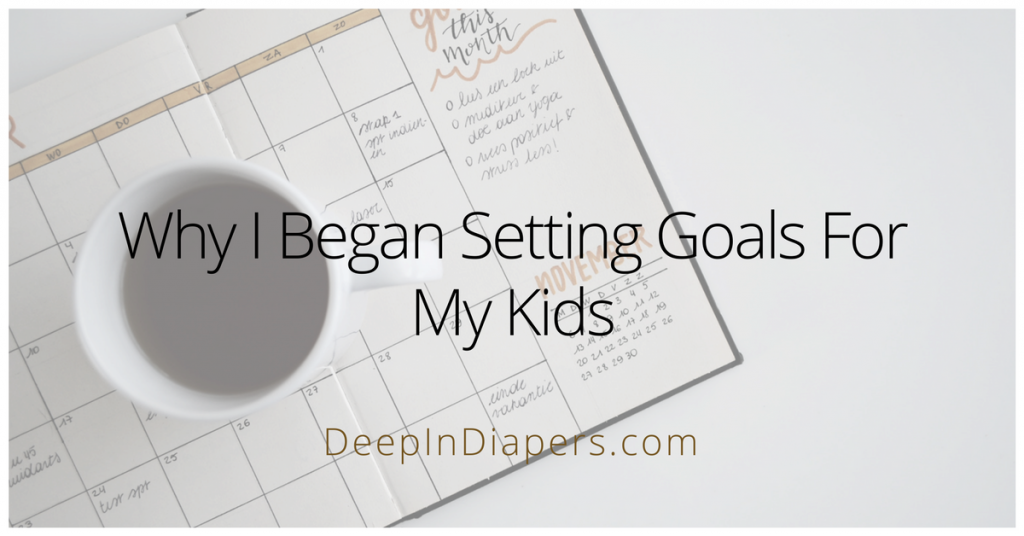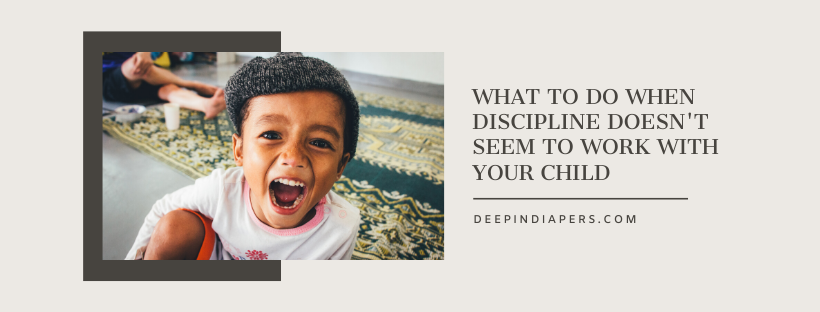
I have a child that doesn’t handle discipline well. Timeouts don’t work for this particular child. Telling my child no or the reason why not to do something usually ends up in a screaming match. Maybe you’re like me and are seriously wondering what to do about your child who simply doesn’t handle discipline well.
First of all, consider this. Your child has amazing leadership potential. If your child doesn’t submit to your discipline well, most likely they won’t give in to peer pressure easily either. So, your child’s strong personality is actually a strength that will help them later in life.
Your child’s strong personality is actually a strength
BUT in the meantime, how do you survive? And more importantly, how do you get a very strong-willed child to comply?
Reward good behavior.
When your child does the right thing and makes a good choice, freak out. Act like it’s the best thing that has ever happened to you. Call grandma, give that child a sticker, read a special book, whatever it is, reward that kid for making a good choice.
My strong-willed child lights up when praised. So I praise that child a lot when they do the right thing.
Don’t Give Up
Your child will get the rules in your household. Don’t give up enforcing them. Don’t let that child get their way because it’s easier than dealing with a throw down screaming fit.
Be calm. Be consistent. Hold your ground.
Being firm doesn’t have to be mean. You just consistently tell the child the rules. Then enforce them when the child makes a bad choice. Your kid will get it. It just might take them a long time.
Give them Time and Space
My strong-willed child needs a lot more time to process mistakes than my other child. When this child acts in a way that I don’t approve of and goes against our rules, I remove the child to their room.
I tell that child I love them, but I can’t allow them to act like that.
Then I give that child space and time to process. I tell the child we want them with us in the house, but they can’t come and be a part of what’s going on until they’re calm. Sometimes I make the child say sorry to the person they hurt. Regardless of what makes sense at the time, my child always does better with some time to process before we work through what the child did wrong.
Today my strong-willed child was screaming at me because they got in trouble for pushing a sibling off of a stool.
I calmly told the child their choices.
Get off the stool and let your sibling get on it. You get to choose. Mommy carries you off the stool, or you can move by yourself. My strong-willed child made a good decision and got off the stool and let their sibling on it.

